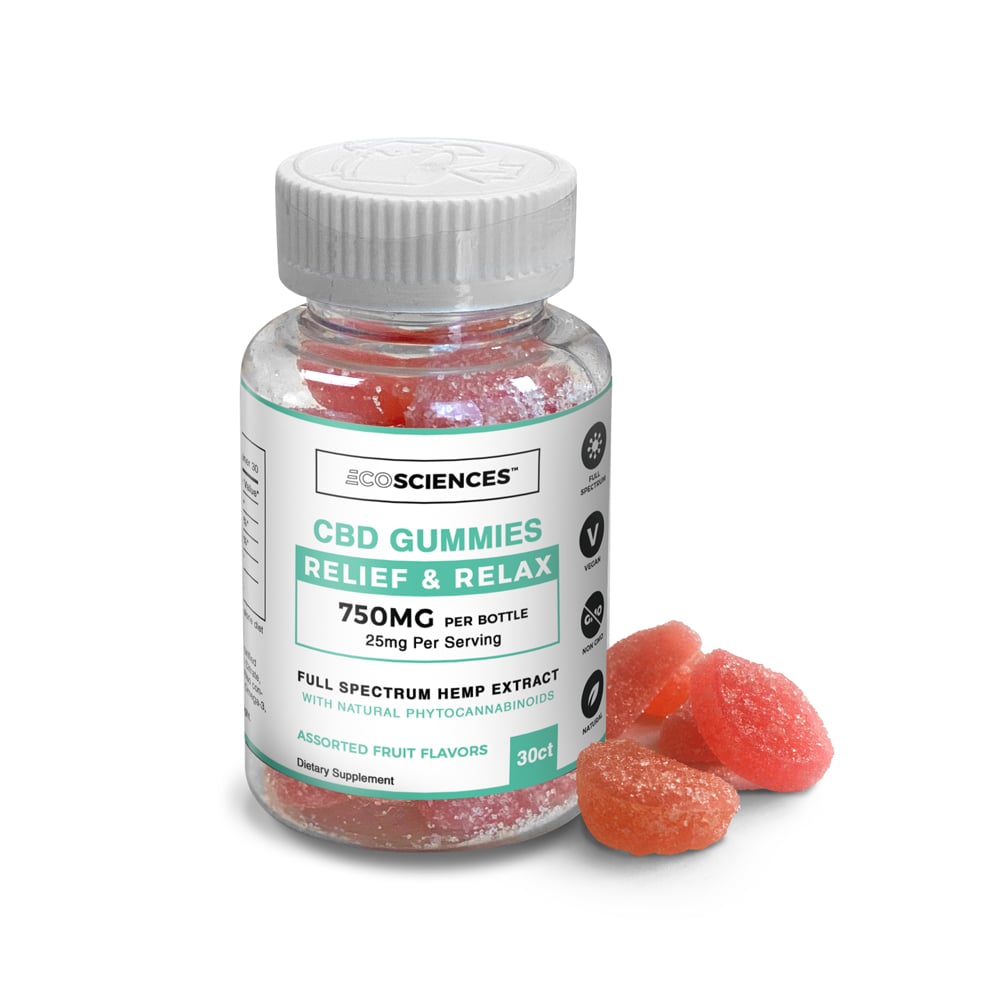In recent years, the popularity of CBD (cannabidiol) products has surged, with many people turning to this natural remedy for various health concerns. Among the myriad of CBD-infused products available, CBD gummies stand out for their convenience, ease of use, and pleasant taste. One of the primary reasons individuals seek out CBD gummies is for pain relief. But how effective are they in alleviating pain? This article delves into the potential benefits, scientific evidence, and user experiences to provide a comprehensive understanding of CBD gummies for pain relief.
What Are CBD Gummies?
CBD gummies are edible candies infused with cannabidiol, a compound derived from the cannabis plant. Unlike THC (tetrahydrocannabinol), CBD does not produce a psychoactive effect, meaning it won’t make you feel “high.” Instead, CBD is believed to interact with the body’s endocannabinoid system (ECS), which plays a crucial role in regulating various physiological processes, including pain sensation.
How Do CBD Gummies Work for Pain Relief?
The human body has a complex network of receptors known as the endocannabinoid system. click for more includes CB1 receptors, primarily found in the brain and central nervous system, and CB2 receptors, mainly located in the peripheral organs and immune cells. CBD is thought to influence these receptors indirectly, enhancing the body’s ability to manage pain and inflammation.
Interaction with the ECS: CBD interacts with the ECS by modulating the activity of receptors and enzymes involved in pain signaling. This interaction can help reduce the perception of pain and improve overall pain management.
Anti-inflammatory Properties: CBD has been shown to possess anti-inflammatory properties, which can be beneficial for conditions like arthritis, where inflammation plays a significant role in pain.
Neuroprotective Effects: Some studies suggest that CBD may have neuroprotective effects, which could be beneficial in conditions like neuropathic pain, where nerve damage contributes to pain.
Scientific Evidence Supporting CBD for Pain Relief
The scientific community has shown growing interest in CBD’s potential as a pain relief agent. While more extensive clinical trials are needed, several studies have provided promising results.
Chronic Pain: A review published in the “Journal of Experimental Medicine” found that CBD significantly reduced chronic pain and inflammation in animal models. The authors concluded that CBD could be a useful therapeutic agent for treating chronic pain.
Arthritis: A study in the “European Journal of Pain” examined the effects of transdermal CBD in a rat model of arthritis. The results showed a significant reduction in pain and inflammation without evident side effects.
Neuropathic Pain: Research published in “Neurotherapeutics” highlighted CBD’s potential in managing neuropathic pain, which is often challenging to treat with conventional medications. The study suggested that CBD could help alleviate pain by targeting specific receptors in the nervous system.
User Experiences and Testimonials
Beyond scientific studies, anecdotal evidence from CBD users provides valuable insights into its effectiveness for pain relief. Many individuals report positive experiences with CBD gummies, citing significant reductions in pain and improved quality of life.
Ease of Use: Users appreciate the convenience of CBD gummies, as they are easy to consume and offer precise dosing. Unlike oils or tinctures, gummies do not require measuring or guesswork.
Long-Lasting Effects: Some users find that the effects of CBD gummies last longer compared to other forms of CBD. This extended duration can be particularly beneficial for managing chronic pain.
Minimal Side Effects: Most users report minimal side effects with CBD gummies. Common side effects, if any, include mild digestive issues or drowsiness, which are generally well-tolerated.
Considerations and Potential Drawbacks
While CBD gummies show promise for pain relief, it is essential to consider potential drawbacks and limitations.
Individual Variability: The effectiveness of CBD can vary from person to person. Factors such as body weight, metabolism, and the severity of pain can influence how well CBD gummies work.
Lack of Regulation: The CBD market is relatively unregulated, leading to variations in product quality and potency. It is crucial to choose reputable brands that provide third-party lab testing to ensure product safety and consistency.
Interaction with Medications: CBD can interact with certain medications, potentially affecting their efficacy or causing adverse effects. It is advisable to consult with a healthcare professional before incorporating CBD gummies into your pain management regimen, especially if you are taking other medications.
Choosing the Right CBD Gummies
Selecting the right CBD gummies involves considering several factors to ensure you get a high-quality product that meets your needs.
Source of CBD: Look for gummies made from organically grown hemp to avoid exposure to pesticides and other harmful chemicals.
CBD Concentration: Pay attention to the concentration of CBD per gummy. Beginners may start with lower doses and gradually increase as needed.
Ingredients: Check the ingredient list for additives, artificial flavors, and sweeteners. Opt for gummies made with natural ingredients.
Third-Party Testing: Choose products that have been third-party tested for potency and purity. Lab reports should be readily available on the manufacturer’s website.
Conclusion
CBD gummies offer a convenient and potentially effective option for pain relief. While scientific research continues to explore the full extent of CBD’s benefits, existing studies and user experiences suggest that CBD gummies can help manage various types of pain, from chronic to neuropathic. As with any supplement, it is essential to approach CBD with informed caution, selecting high-quality products and consulting with healthcare professionals when necessary. By doing so, you can better navigate the world of CBD and find the relief you seek.

